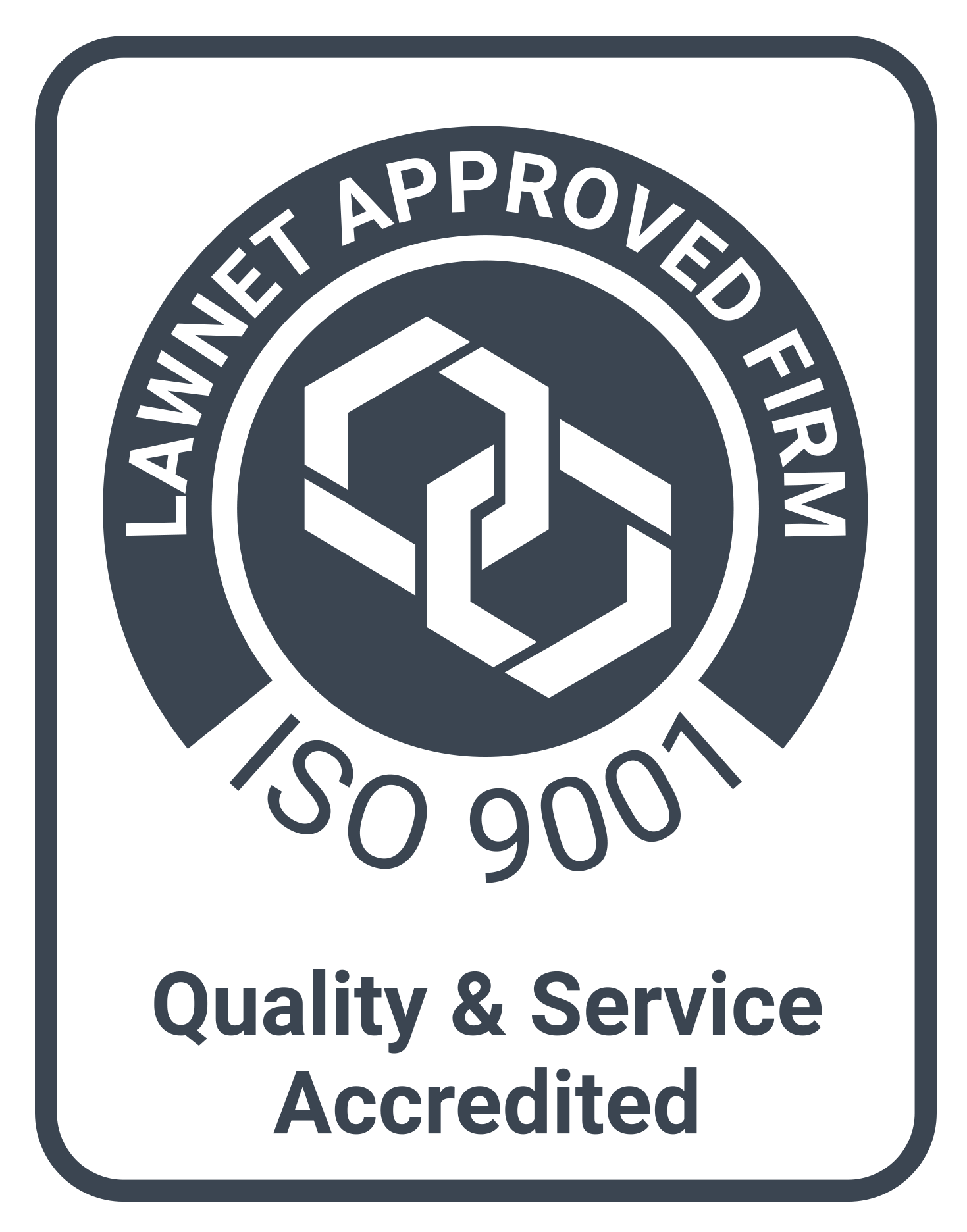Mortgages Made Easy
By Philip H Yates, Consultant: Mortgages & Equity Release
 Mortgages can be daunting, however once you have a handle on the terminology they can be quite easy to understand. In this article we will break mortgages down for you with our Mortgage Jargon Buster.
Mortgages can be daunting, however once you have a handle on the terminology they can be quite easy to understand. In this article we will break mortgages down for you with our Mortgage Jargon Buster.
MORTGAGE JARGON BUSTER
Mortgage: A mortgage is a long-term loan (usually from 5 to 40 years depending on your circumstances and requirements) secured against a property for the purposes of purchasing that property. Secured means that your property may be repossessed if you do not keep up repayments on the mortgage secured against it.
Deposit: This is your financial contribution to the property purchase, your deposit plus the value of your mortgage will equal the purchase price. Deposits are often referred to in percentages, for example, if you have a £25,000 deposit and your purchase price is £100,000 you have a 25% deposit.
Loan to Value: More usually referred to as LTV. This is the amount of mortgage calculated as a percentage of the purchase price. For example, if the purchase price is £100,000 and the mortgage amount is £75,000, then the Loan to Value is 75%, the other 25% will be the deposit.
Repayment Mortgage: Also known as a Capital Repayment Mortgage. With these products your monthly repayments cover some of the loan alongside the interest on the loan. This means that at the end of your mortgage term you will have paid off the full value of the property as well as the interest accrued as part of the loan.
Interest only Mortgage: With these products your monthly repayments only cover the interest accrued on the loan. At the end of your mortgage term the original amount borrowed will still be outstanding.
Independent Mortgage Advice: Mortgage Advisers (also known as Financial Advisers) are professionals who specialise in sourcing mortgage products for their clients. Independent Advisers are able to search the entire mortgage market to find the best product for you as they are not tied to a specific lender.
Mortgage Certificate: It’s a good idea to find out how much you can afford to borrow before you start house hunting. At this early stage you can apply for a mortgage based on the approximate amount of mortgage and the likely purchase price. The lender will carry out a credit check and affordability calculation. The lender will issue a mortgage certificate showing the maximum affordable mortgage amount so it will give you confidence when house hunting.
Bank of England Base Rate: Controlled by the Bank of England and reviewed on a monthly basis, this sets the benchmark of interest to which all other banks determine how much to charge borrowers, the repayments required on many mortgage products are linked to this rate.
Variable rate mortgage: This type of mortgage (sometimes called a discount or a tracker) is linked to the Bank of England Base rate or the lenders Standard Variable Rate (SVR), and your monthly payment will increase or decrease depending on that rate.
Fixed rate mortgage: With a fixed rate mortgage your monthly payments are fixed meaning you will pay the same each month regardless of changes in the Bank of England Base Rate or the lender’s standard variable rate. Rates are Fixed for an agreed number of years usually two to five, though ten-year options are also available.
Mortgage Illustration: This sets out the details of the proposed mortgage including mortgage amount, mortgage term and the interest rate as well as any early repayment charges. Mortgage lenders refer to the illustrations as ESIS (European Standard Information Sheet) or KFI (Key Facts Illustration).
Mortgage Valuation: The mortgage valuation is for the benefit of the mortgage lender. As the mortgage is secured against the property the lender will require a valuation to be carried out as part of the application process. It is designed to give enough information for the lender to decide whether the property is safe to lend on, and up to what amount. The valuation is a limited property inspection plus an indication of its current value.
Survey: A survey is a more comprehensive inspection of the property (there is usually a charge for this).
Solicitor: You will need to choose a solicitor to act and advise you on the legal aspects of buying a house. Your solicitor will obtain the sales contract from the seller’s solicitor and carry out various legal checks. When they are satisfied that everything is in order, they will arrange to exchange the contracts and set a date for completion.
Mortgage Offer: When you have had an offer accepted on a property you will need to apply for the mortgage – your Mortgage Adviser will help you with your application. The lender will process your application, carry out financial checks on your income and instruct a valuation. Once the lender has finalised their checks and received a satisfactory valuation they will issue you and your solicitor with a mortgage offer. This offer states that they are happy to lend you the amount required to complete the purchase of the property.
Mortgage Term: This is the length of the mortgage. It is a good idea to take out a mortgage that will be repaid by the time you retire when income usually falls. Some lenders will allow a mortgage term past your retirement age, but they will want information about your projected pension.
Completion: this is the date that the property is legally transferred into your name and you can move in.
Early repayment charges: Sometimes referred to as ERC’s. With some mortgage schemes there may be penalty charges if you repay the mortgage early.
Truly Independent Mortgage Advice
Our truly independent mortgage advice will help you to obtain the best mortgage to suit your circumstances and requirements whether you are buying for the first time or moving home.
We will guide you through the process from start to finish and be in regular contact with you as well as the mortgage provider, solicitor and estate agent to make sure things run as smoothly as possible so you can soon move to your new home.
If you would like a free initial consultation to discuss your mortgage options please get in touch with our Independent Financial Services team on 01244 356 789 or email info@cullimoredutton.co.uk
Please note: This article is provided for information only and must not be considered as legal or financial advice. We always recommend that you seek independent advice before making any financial decisions.


